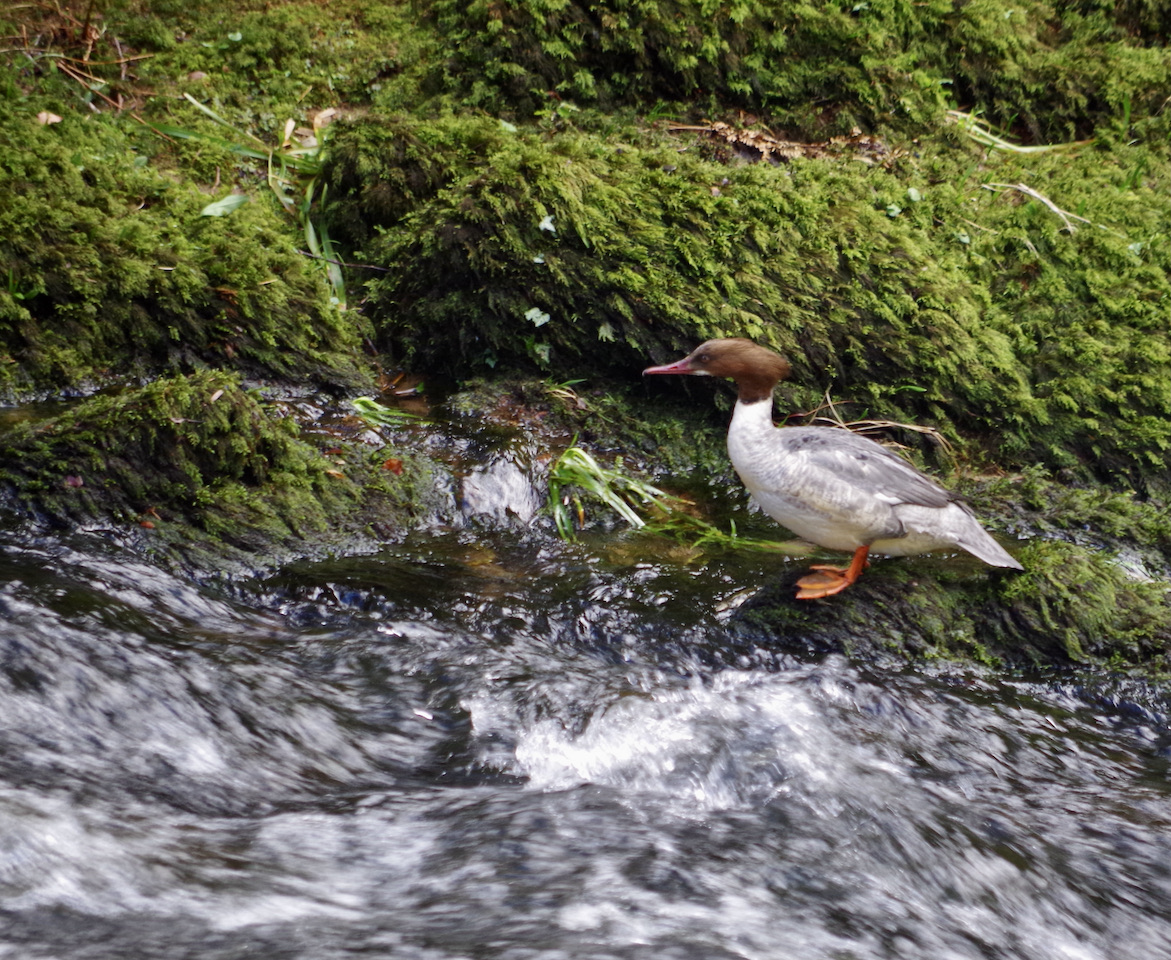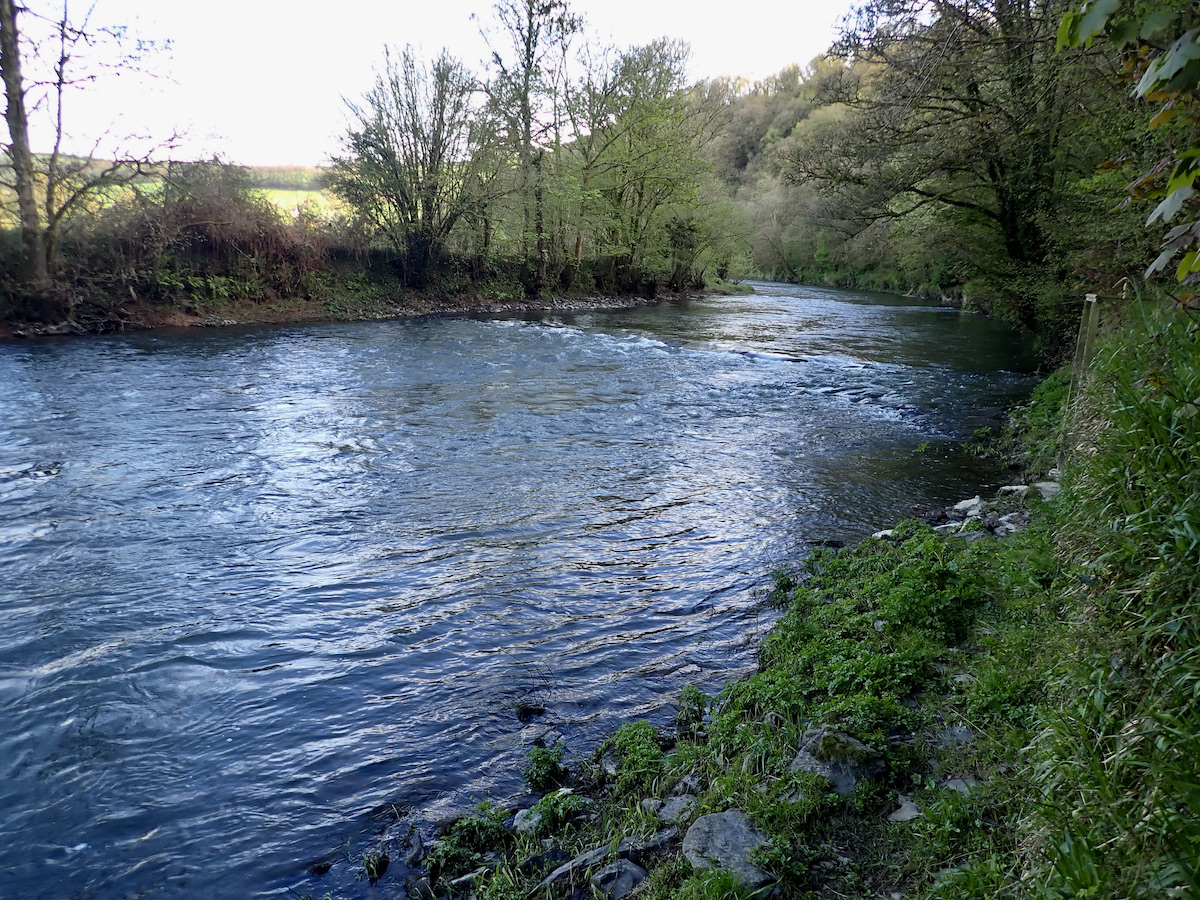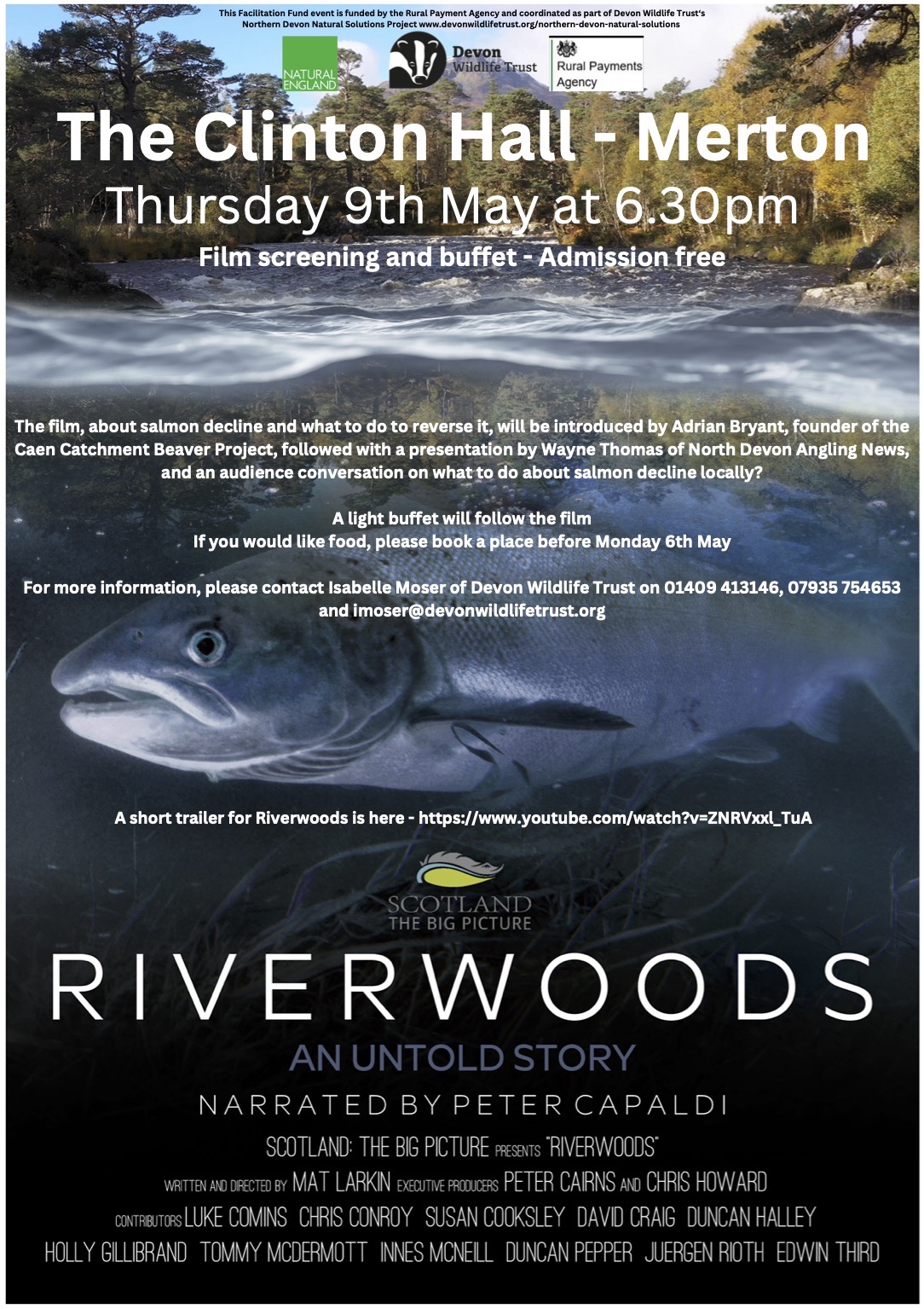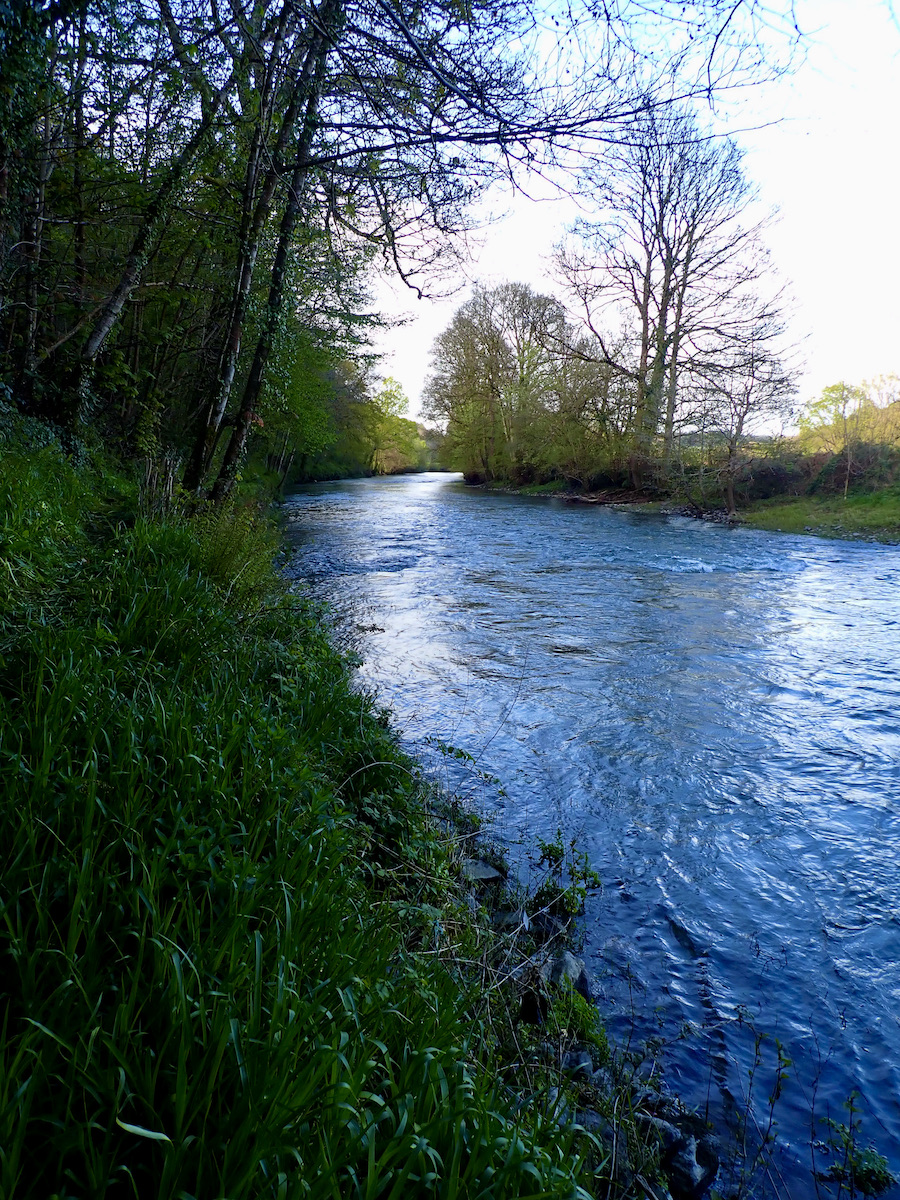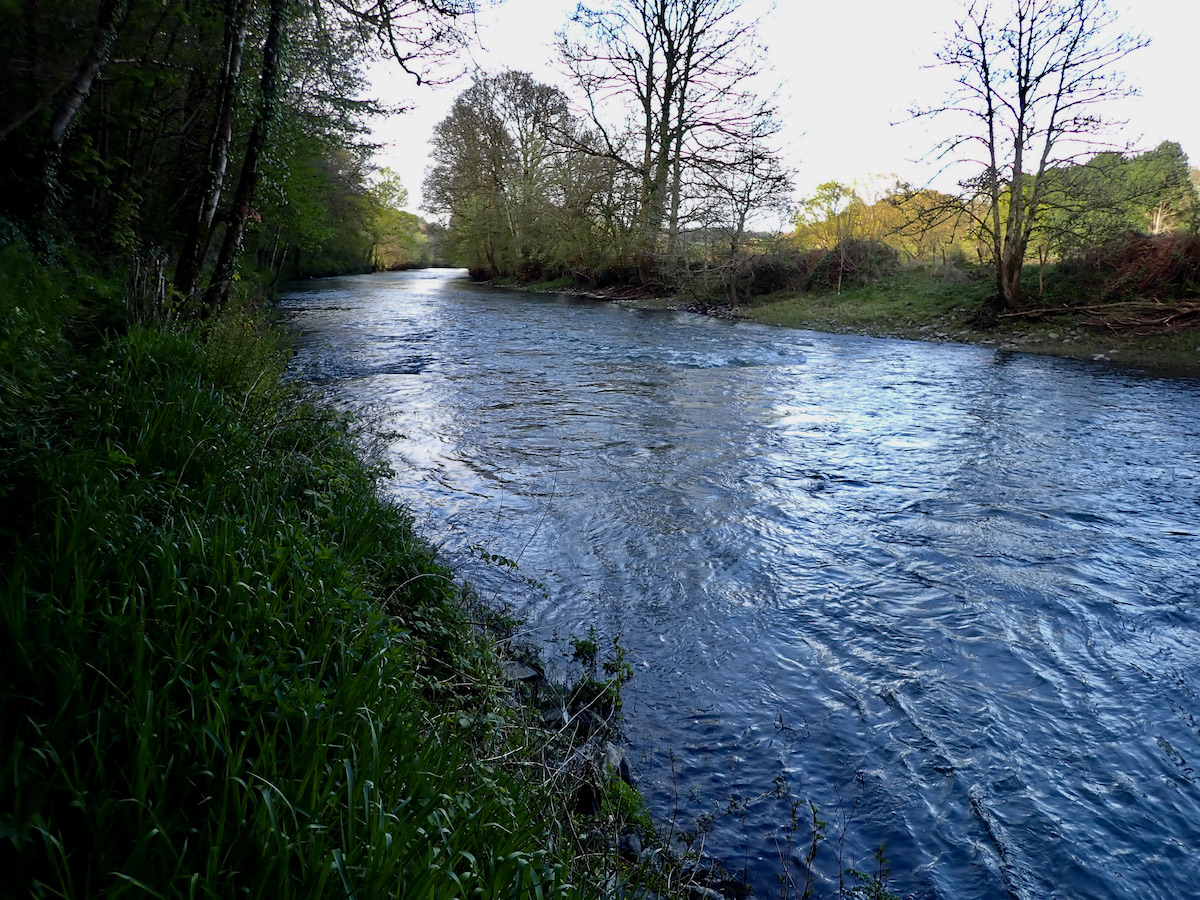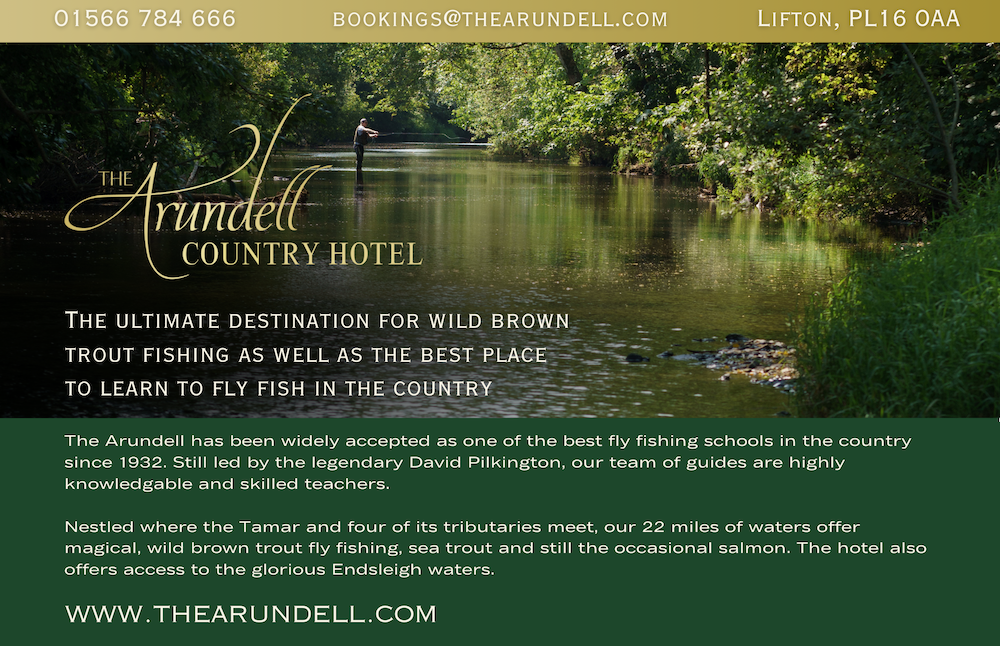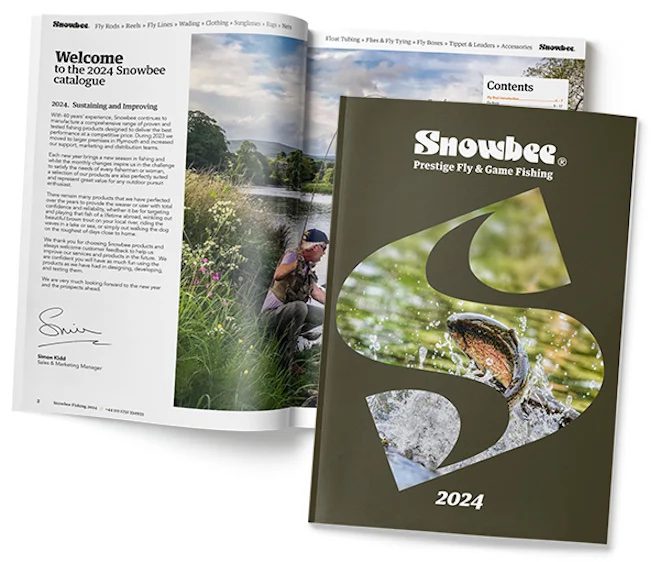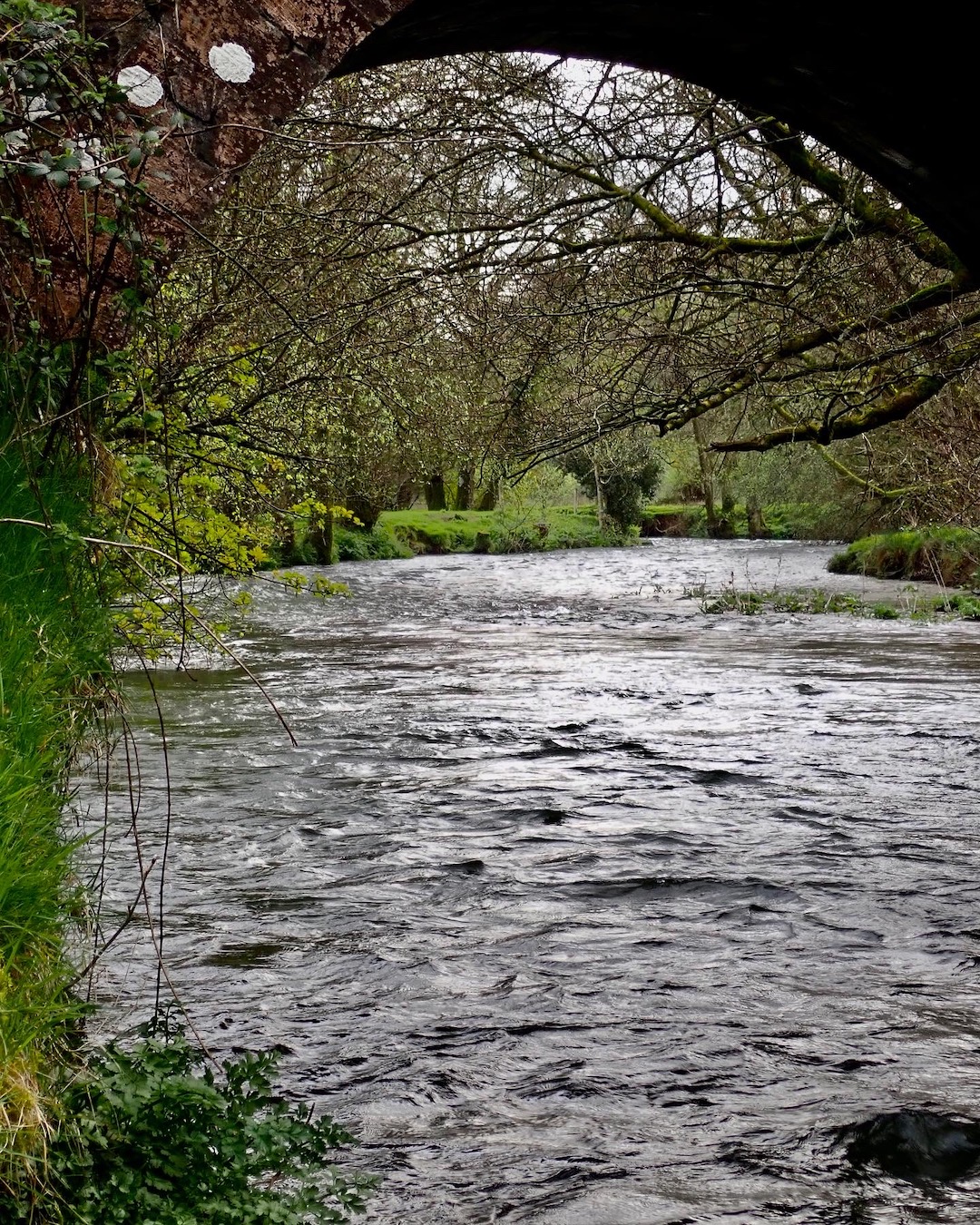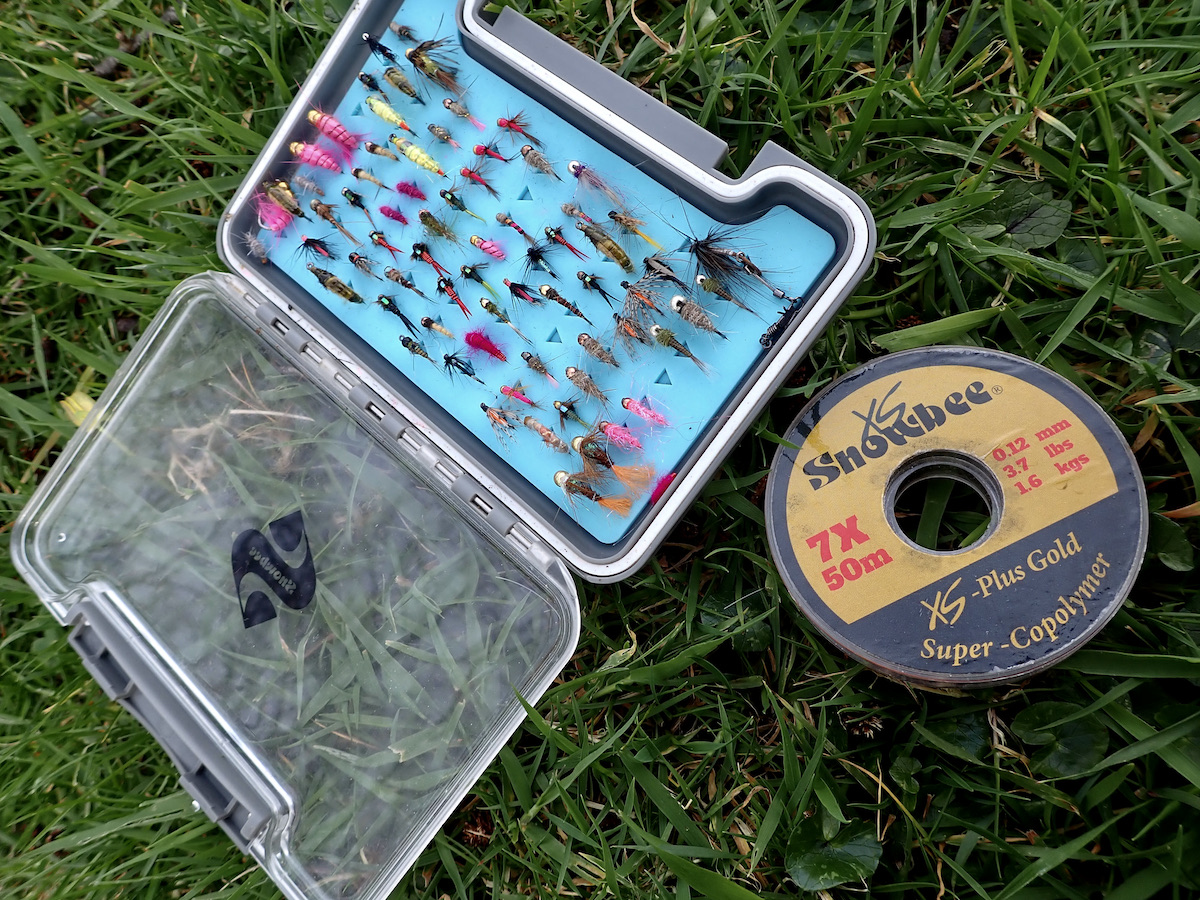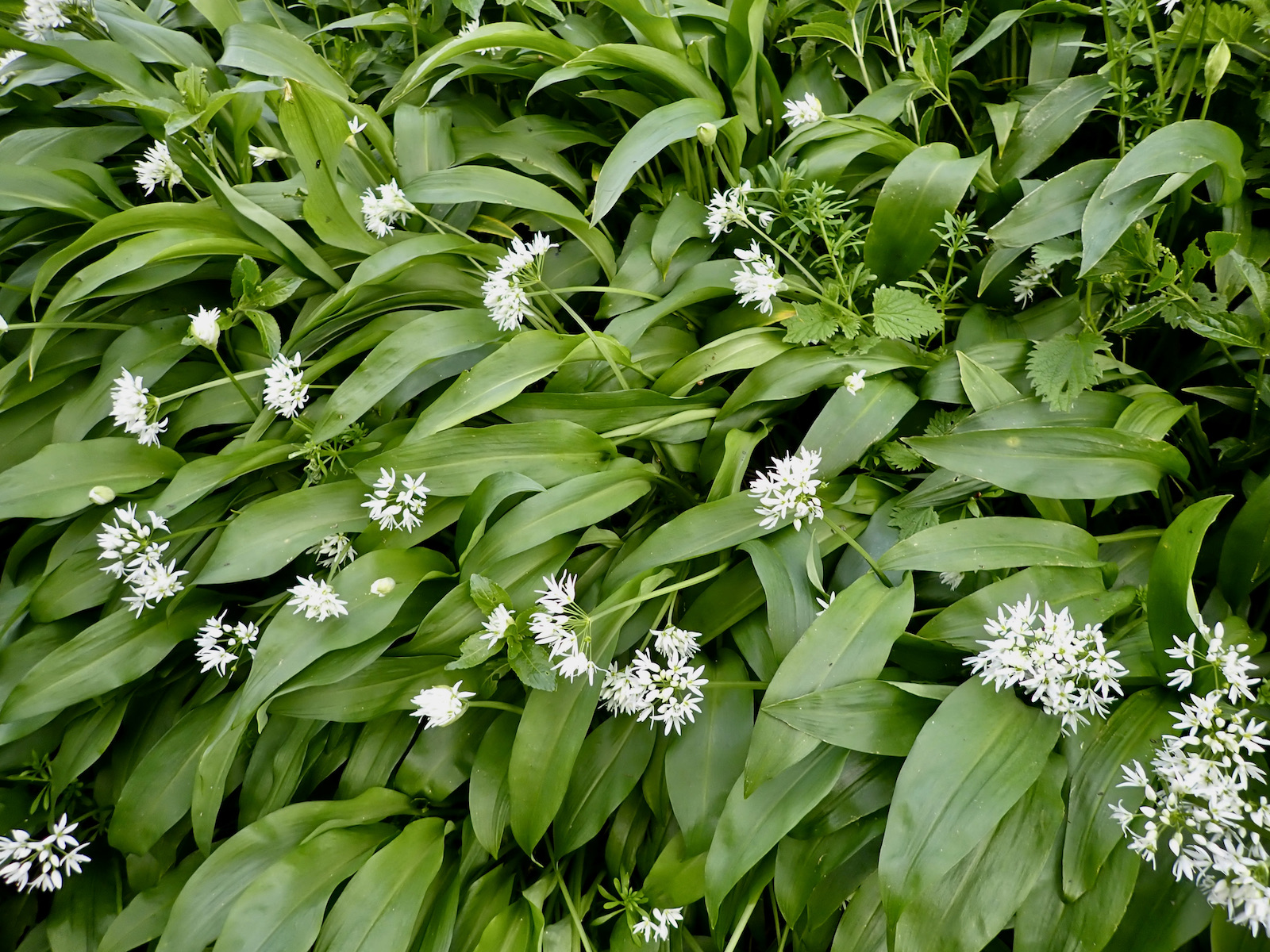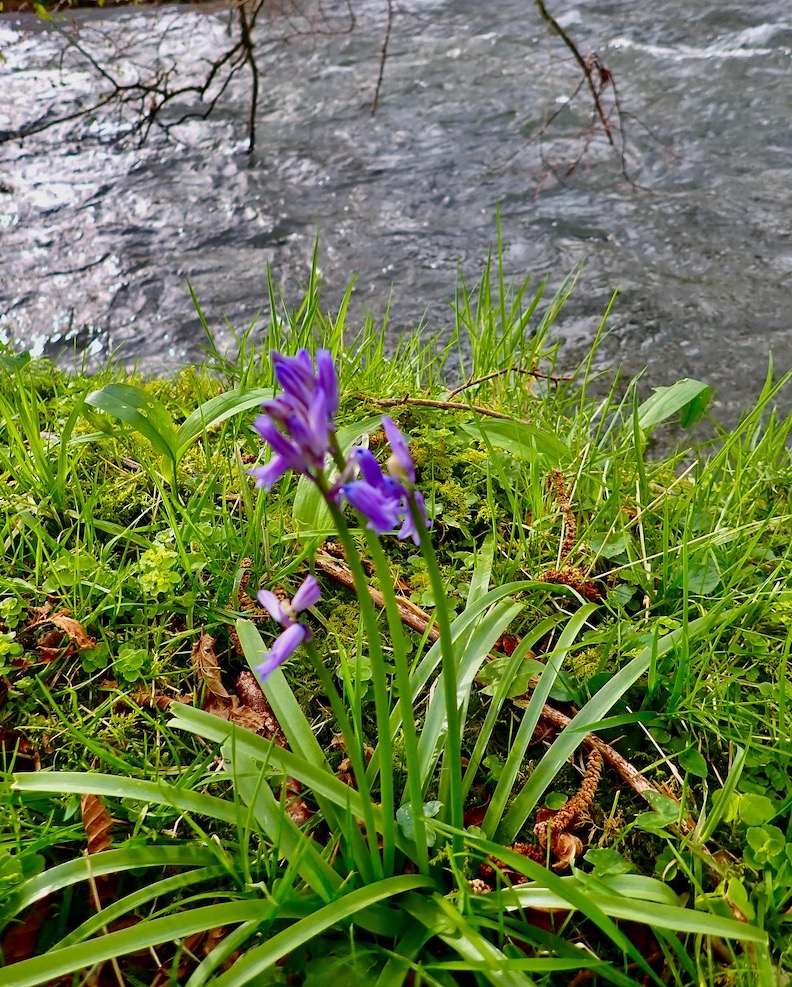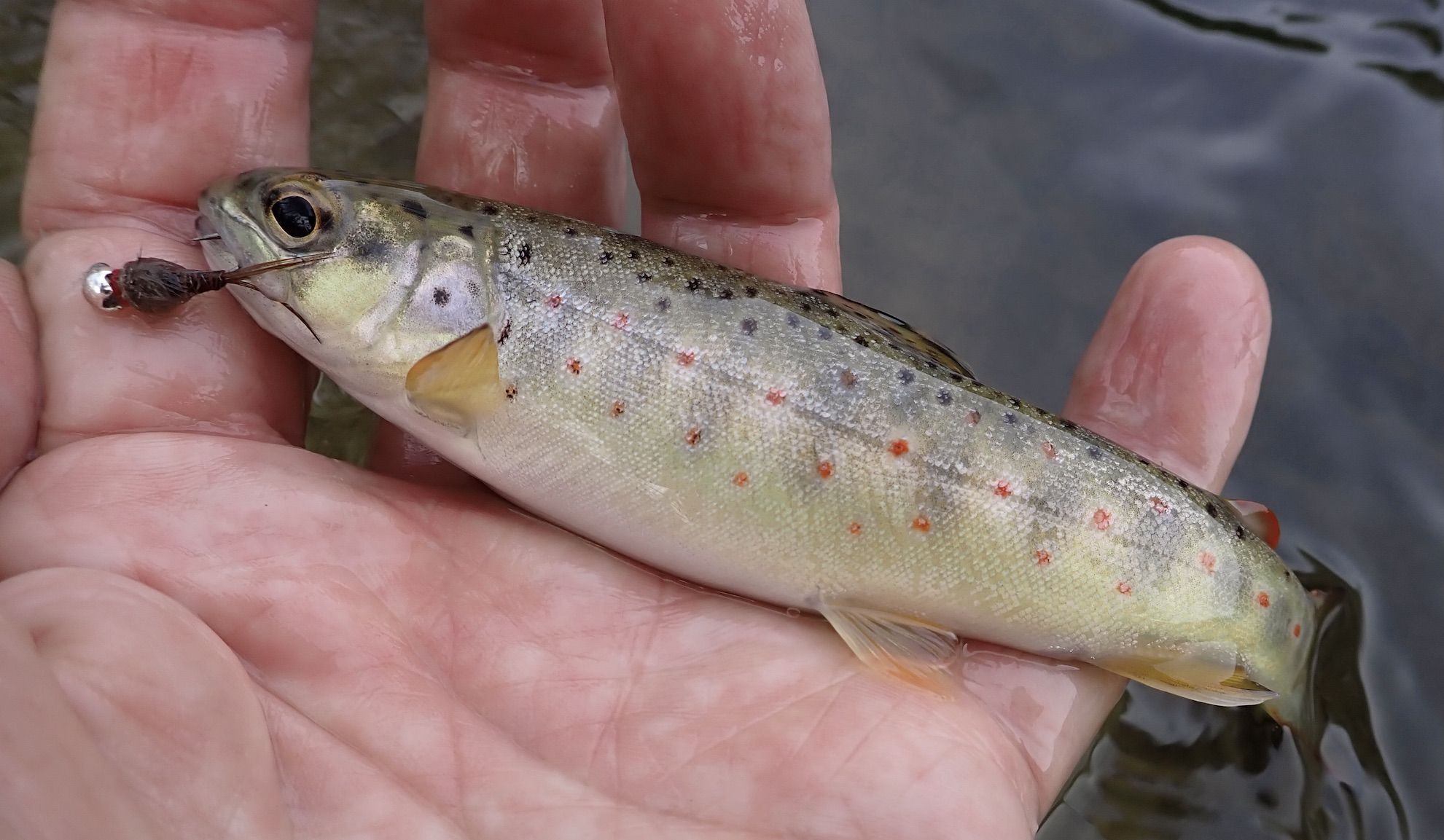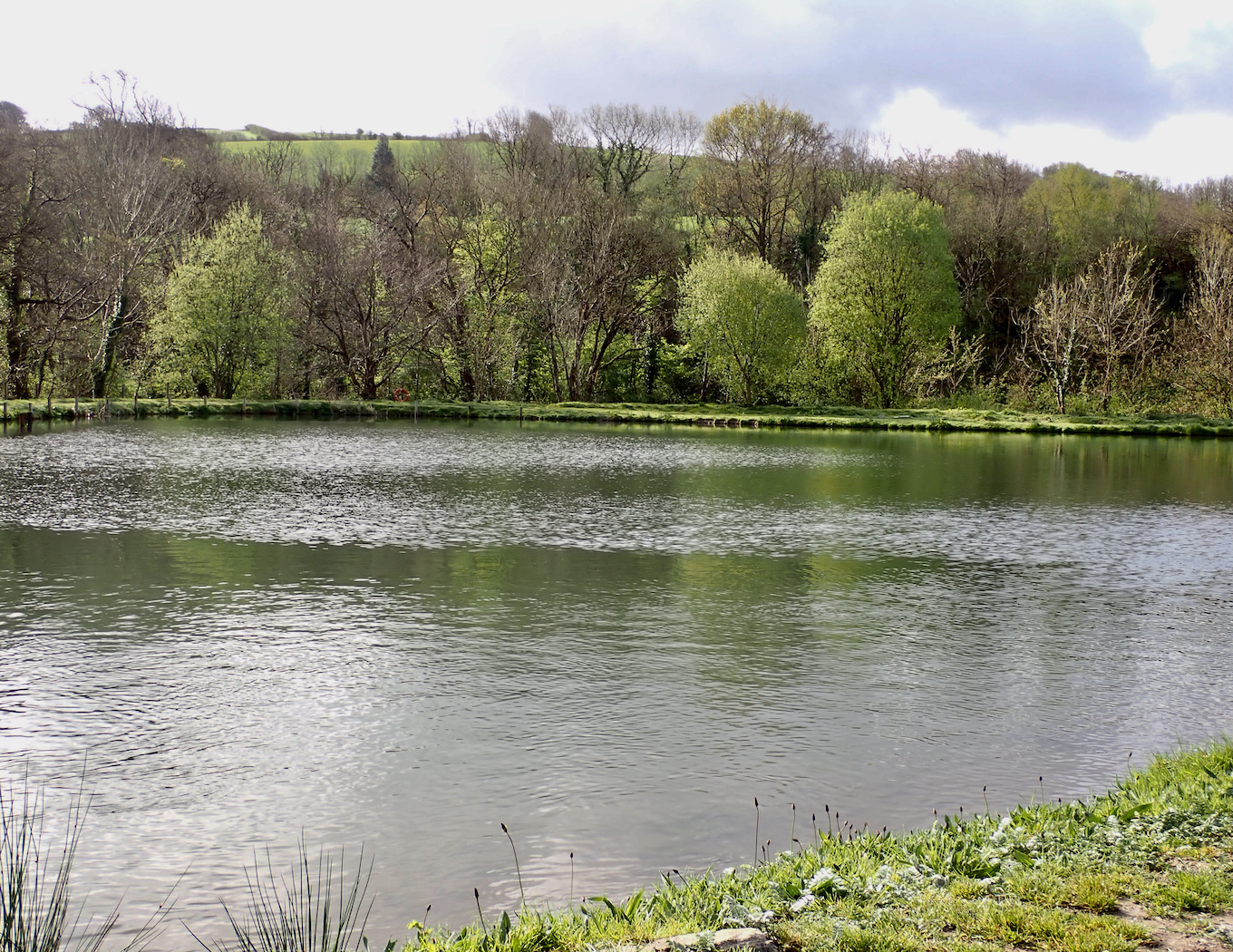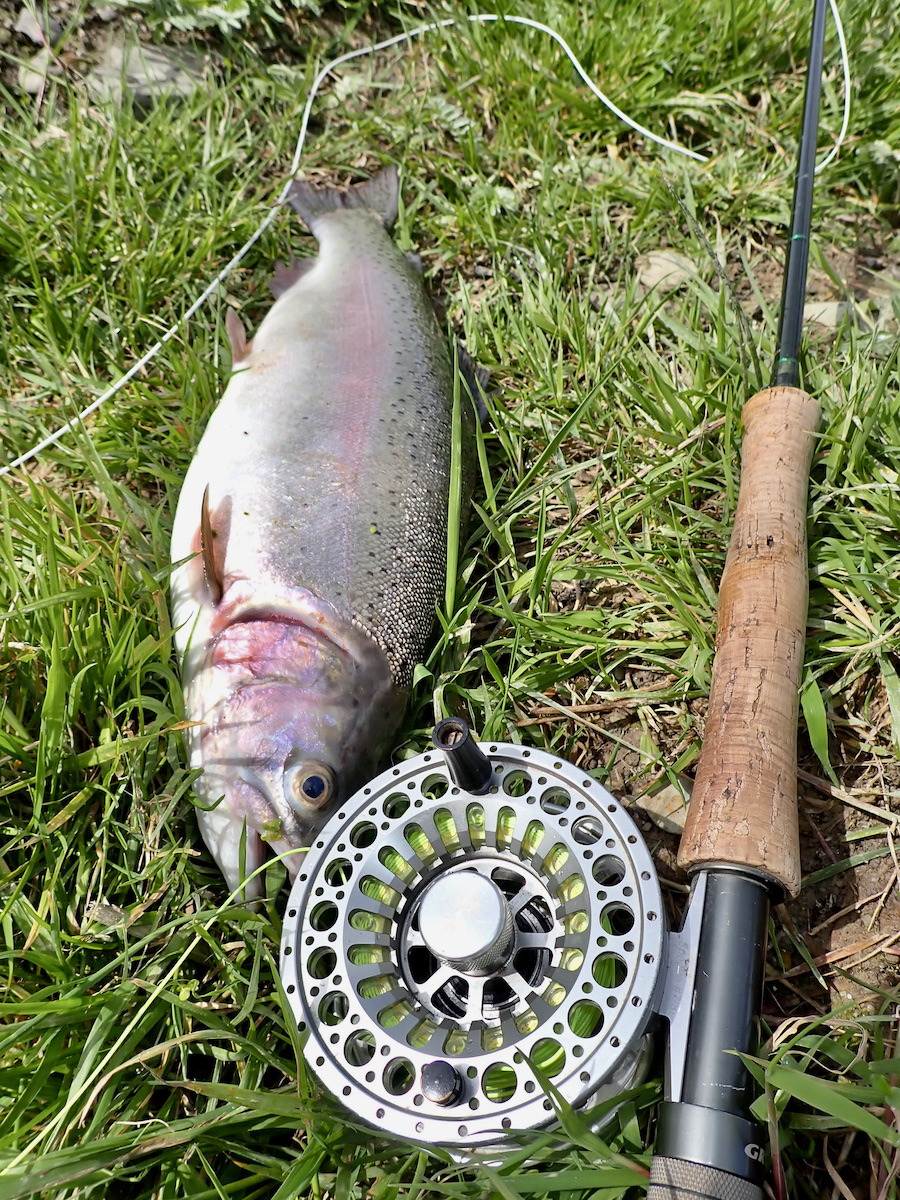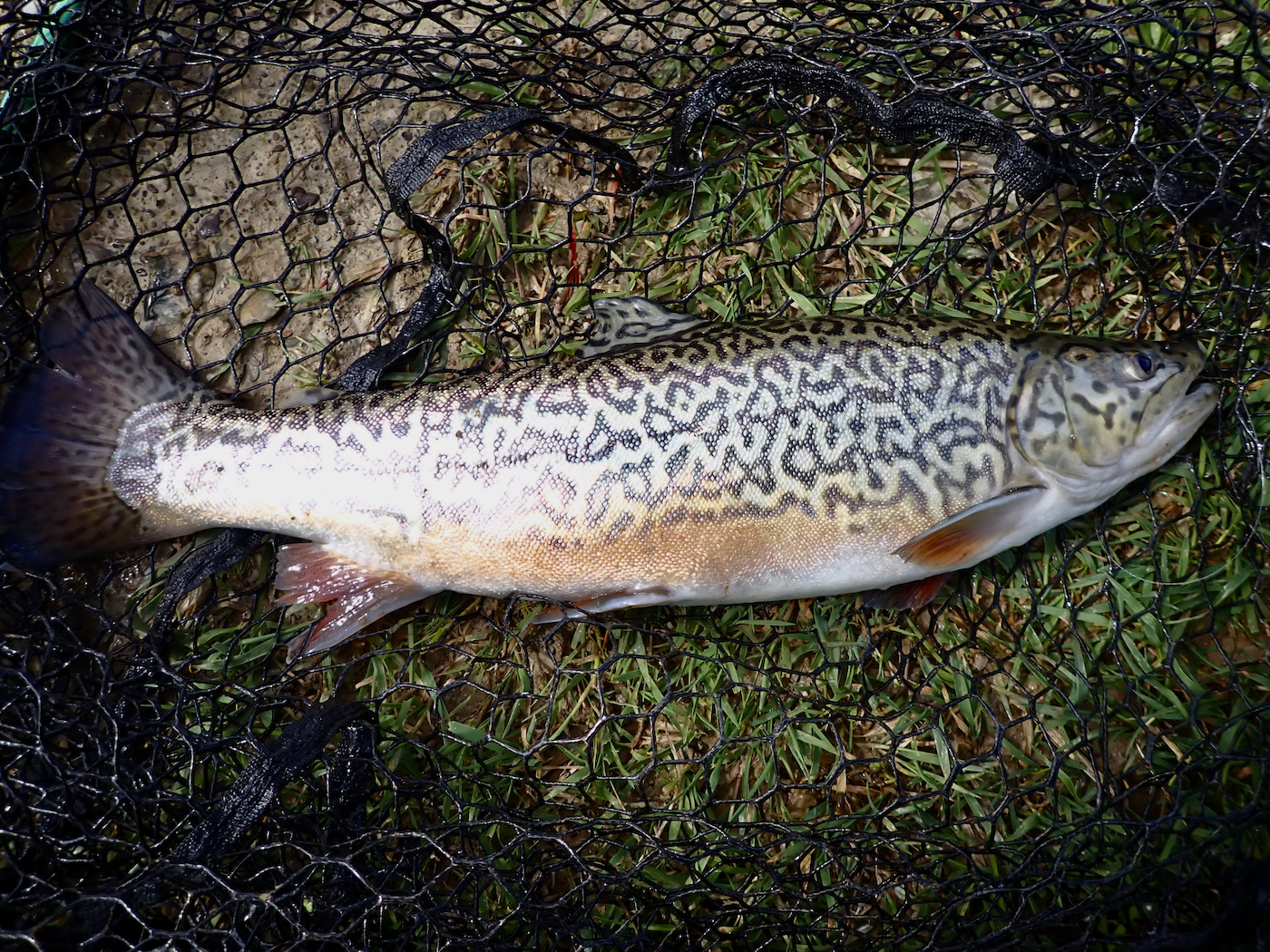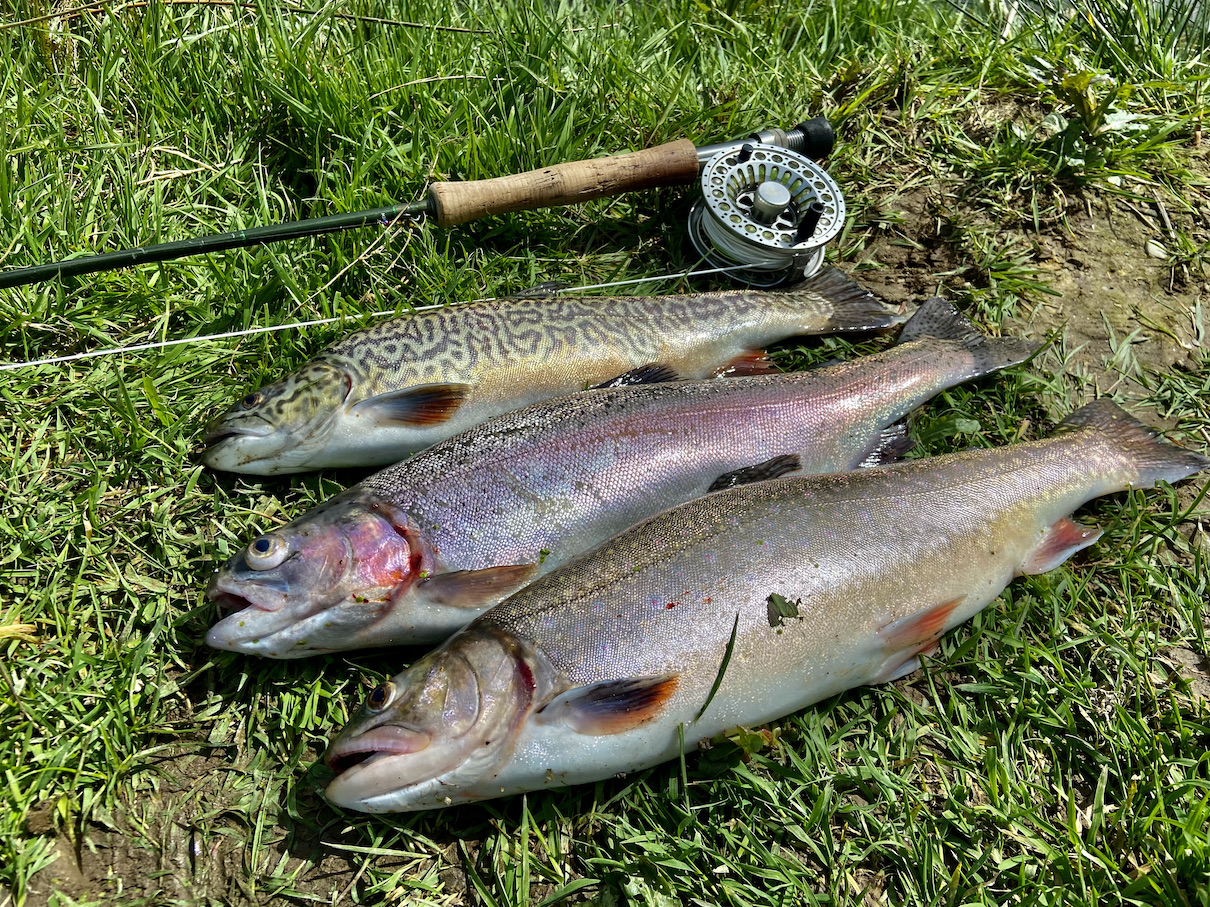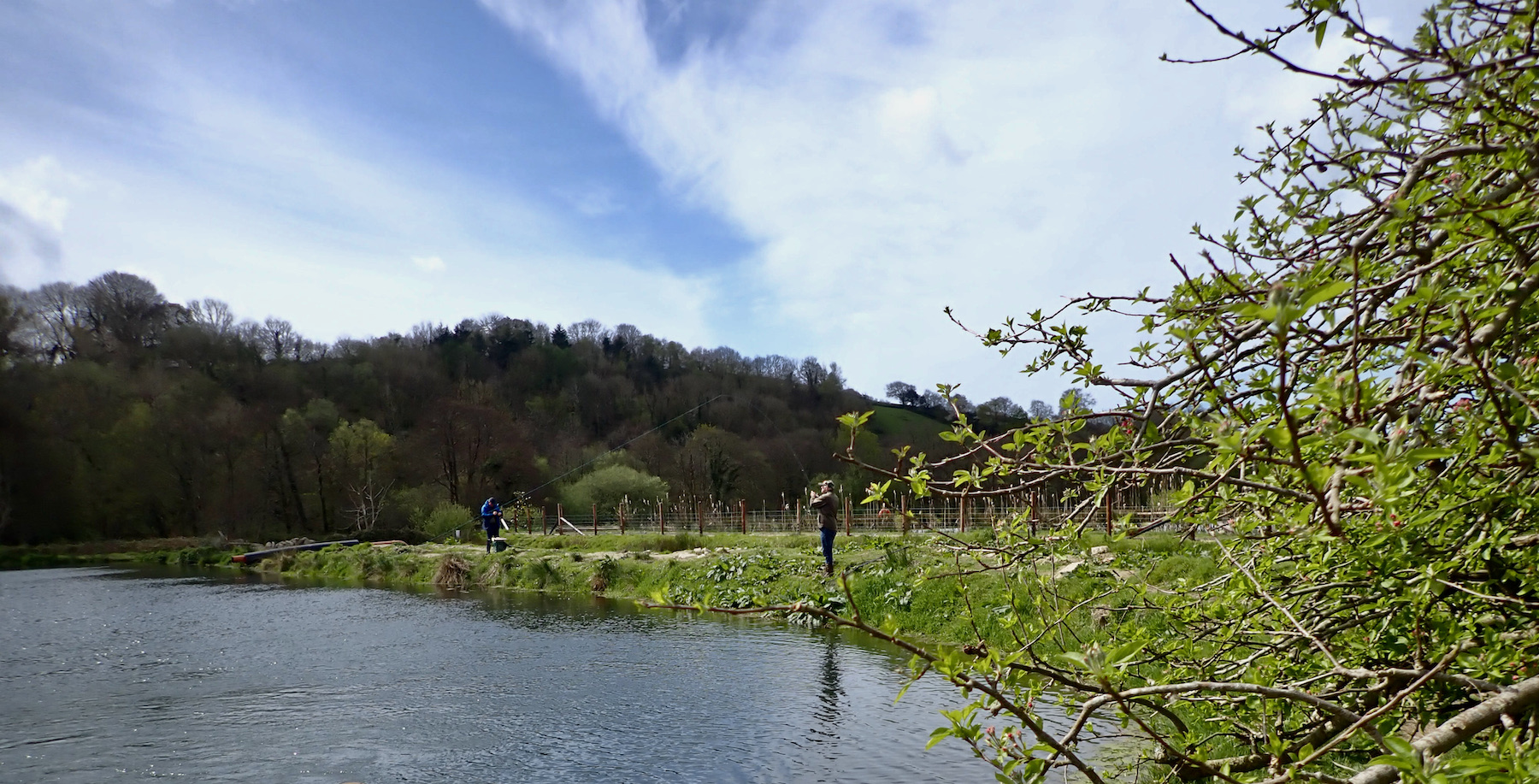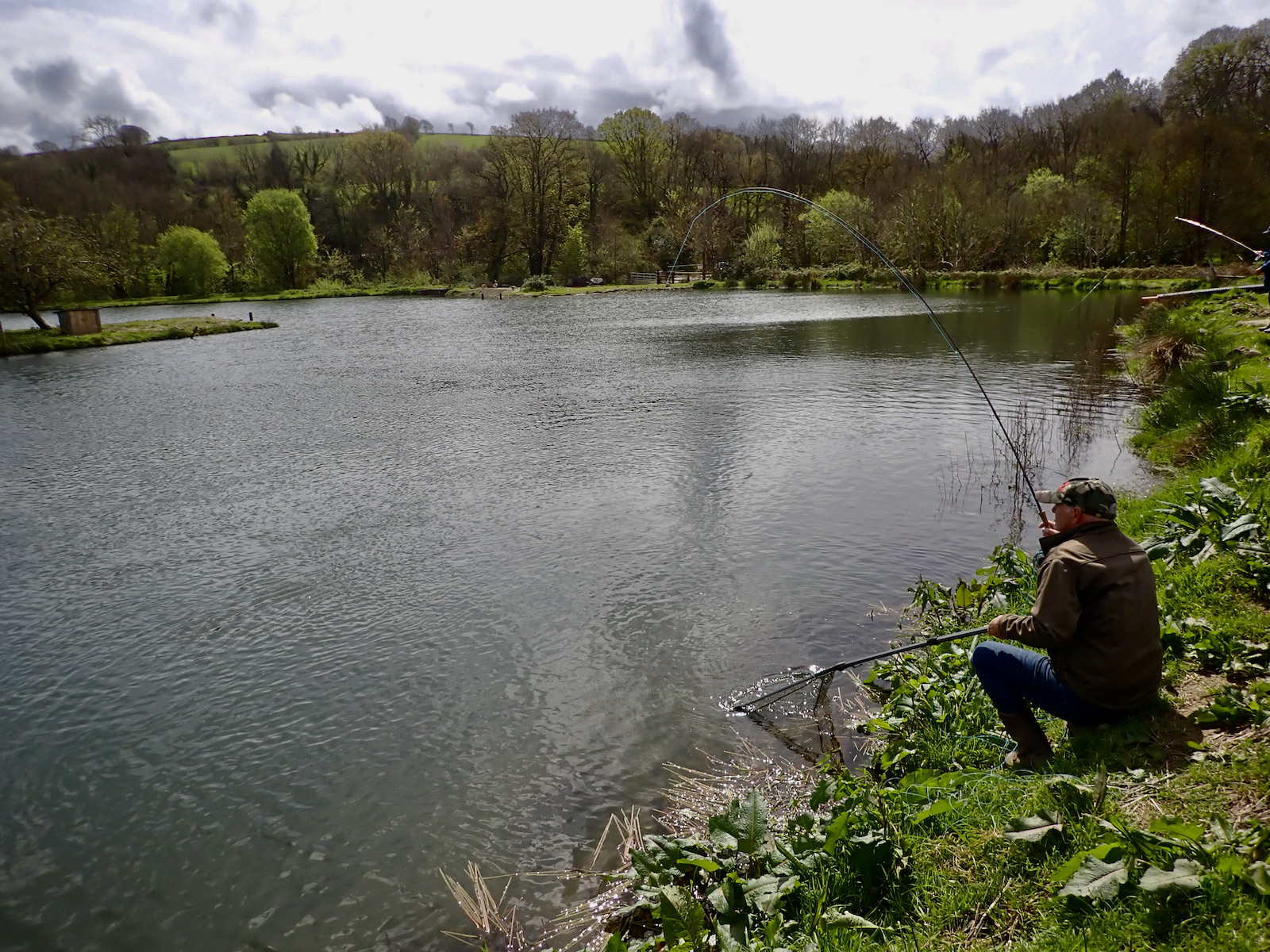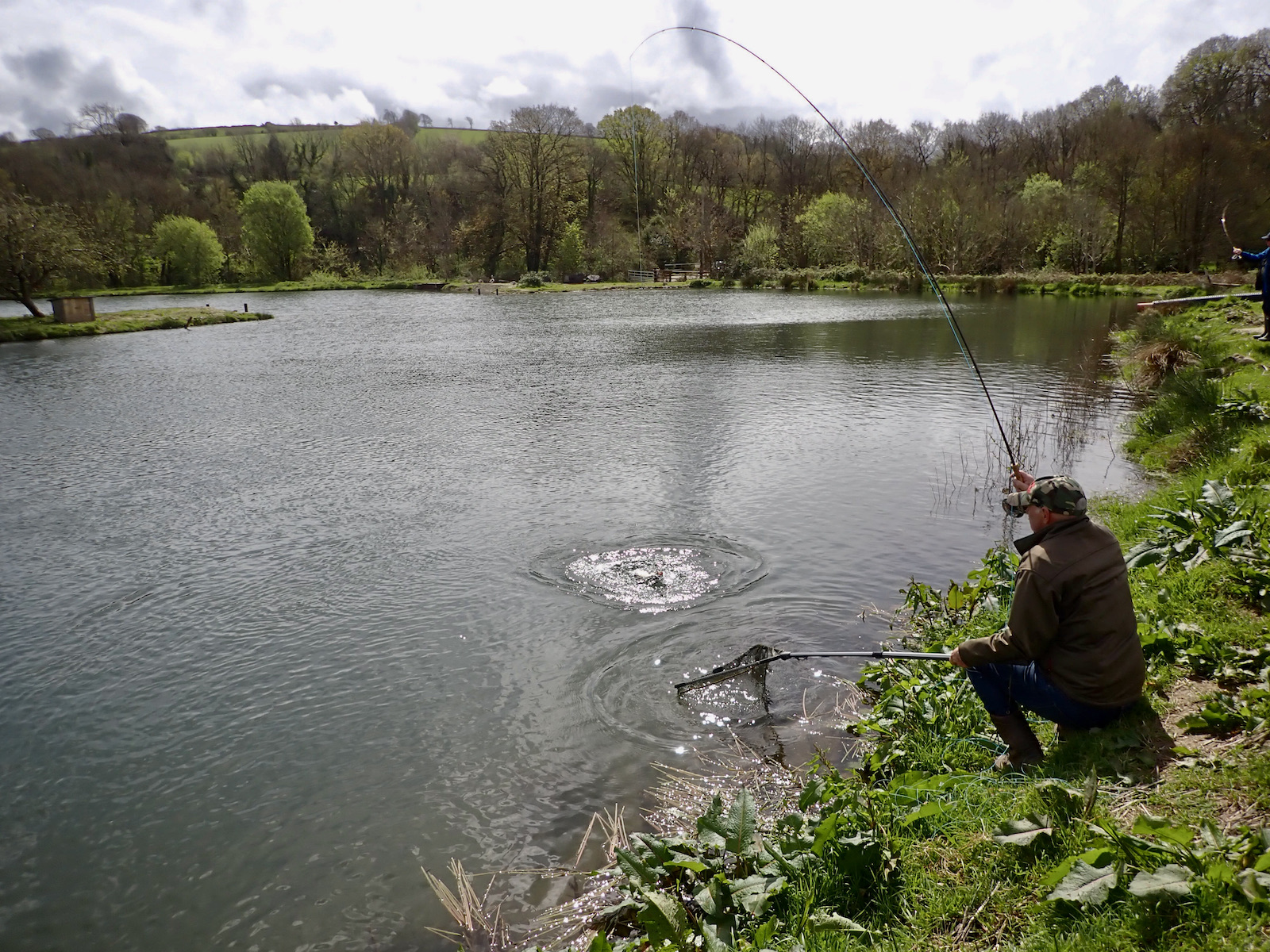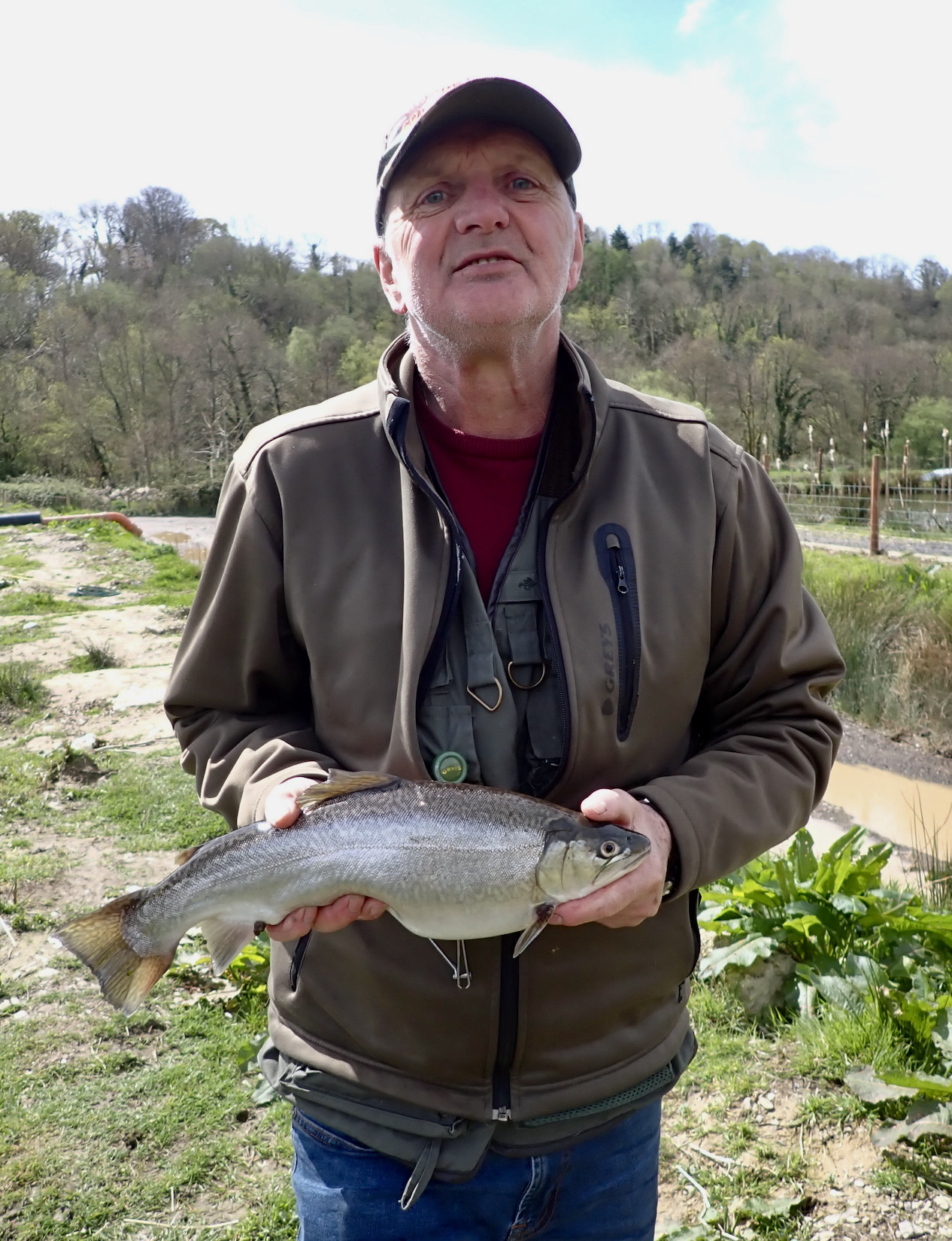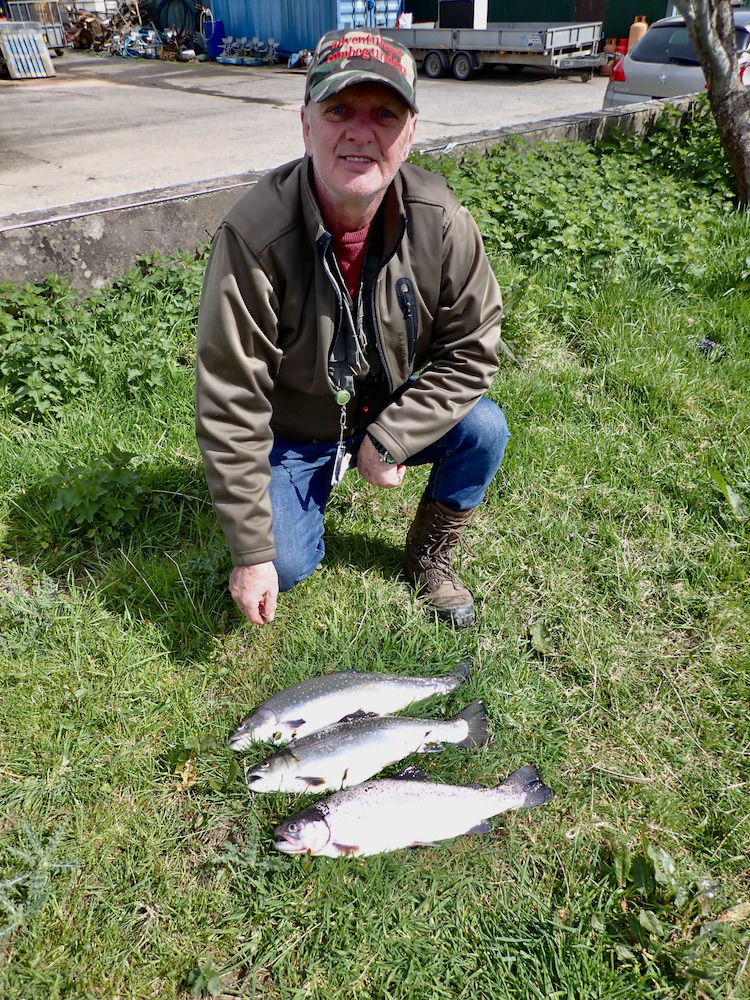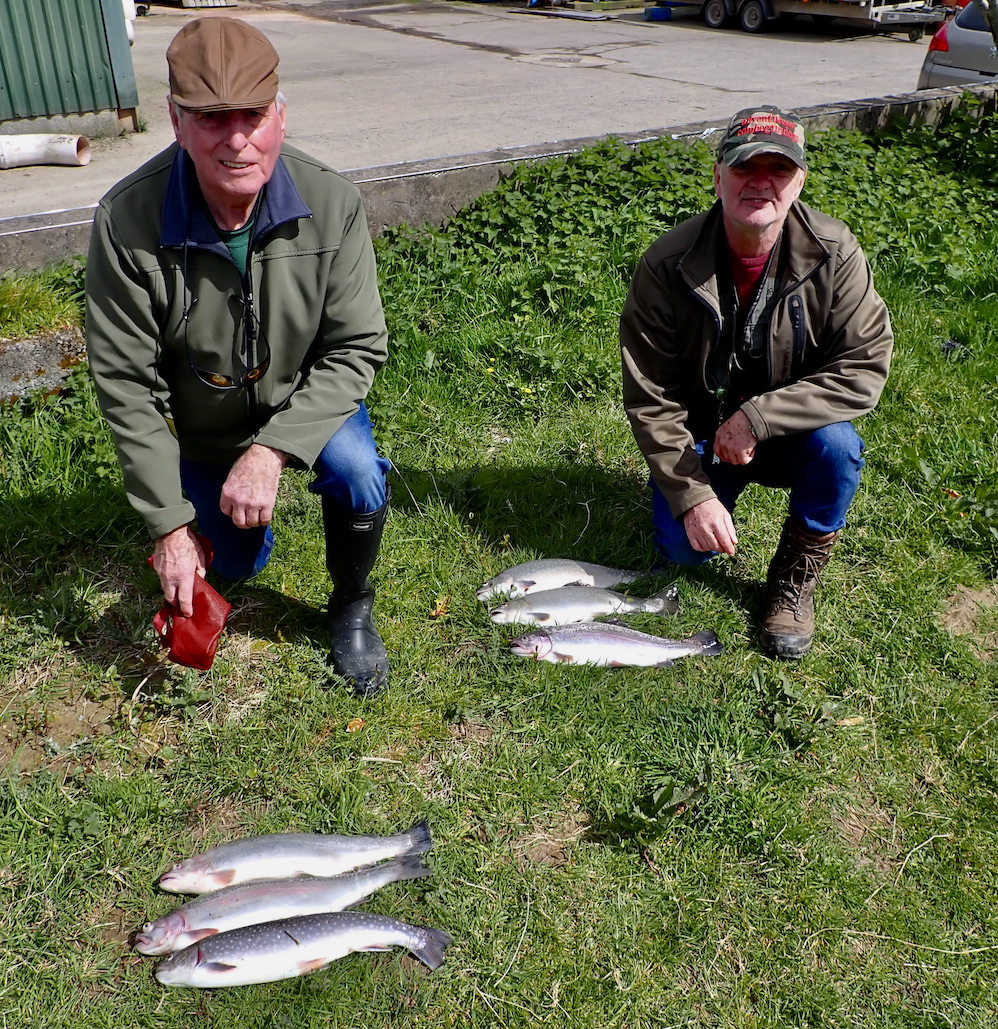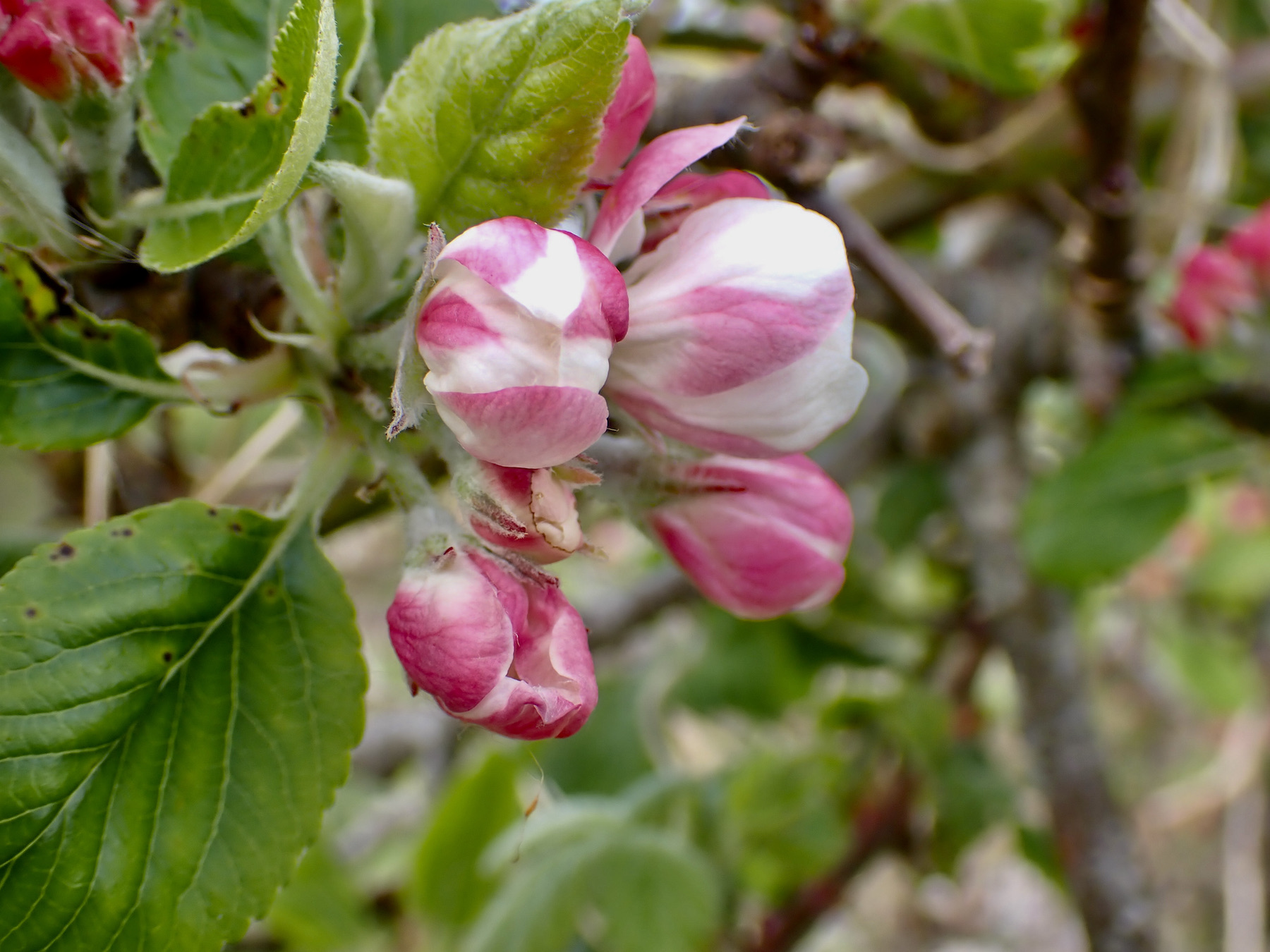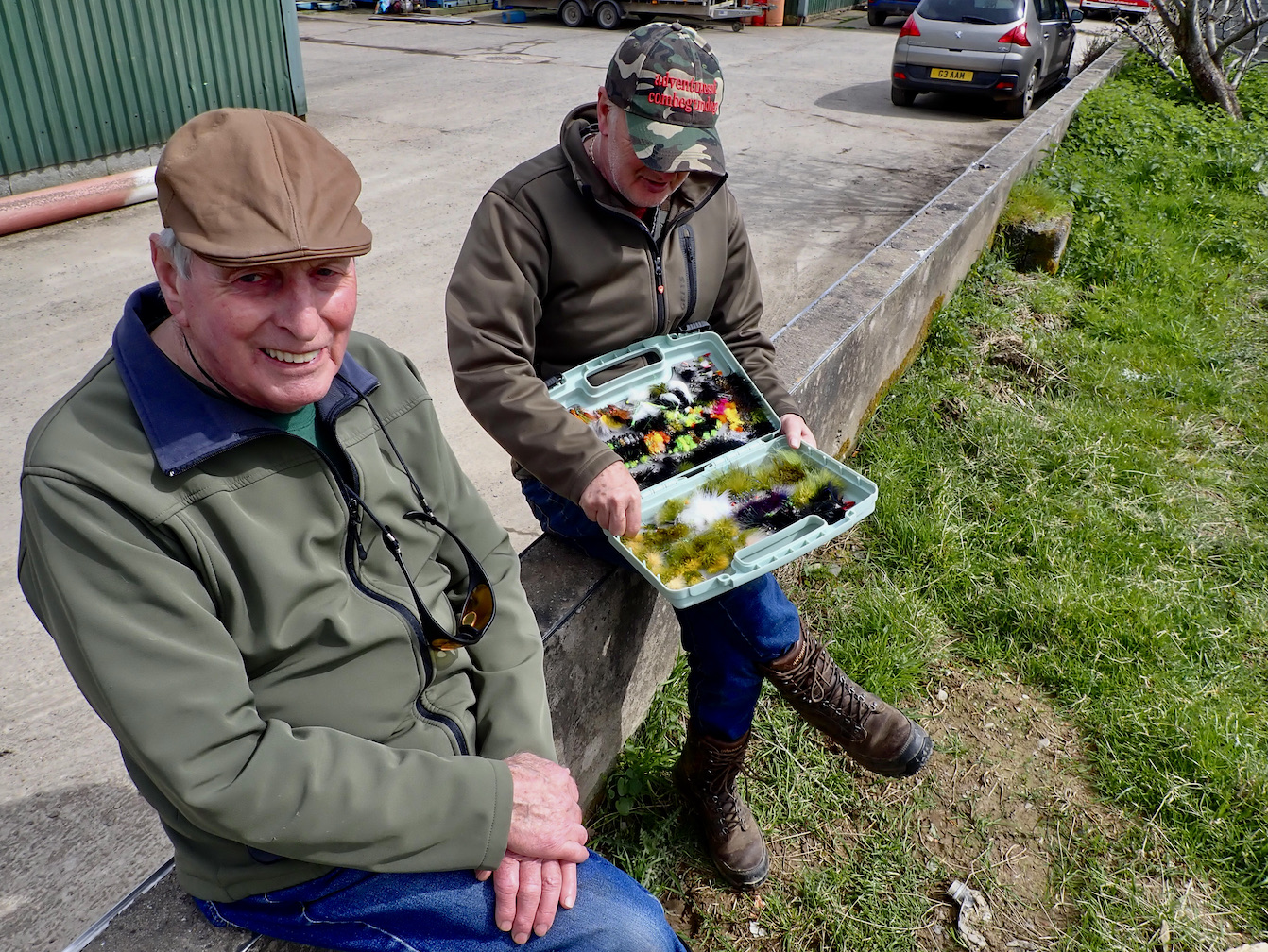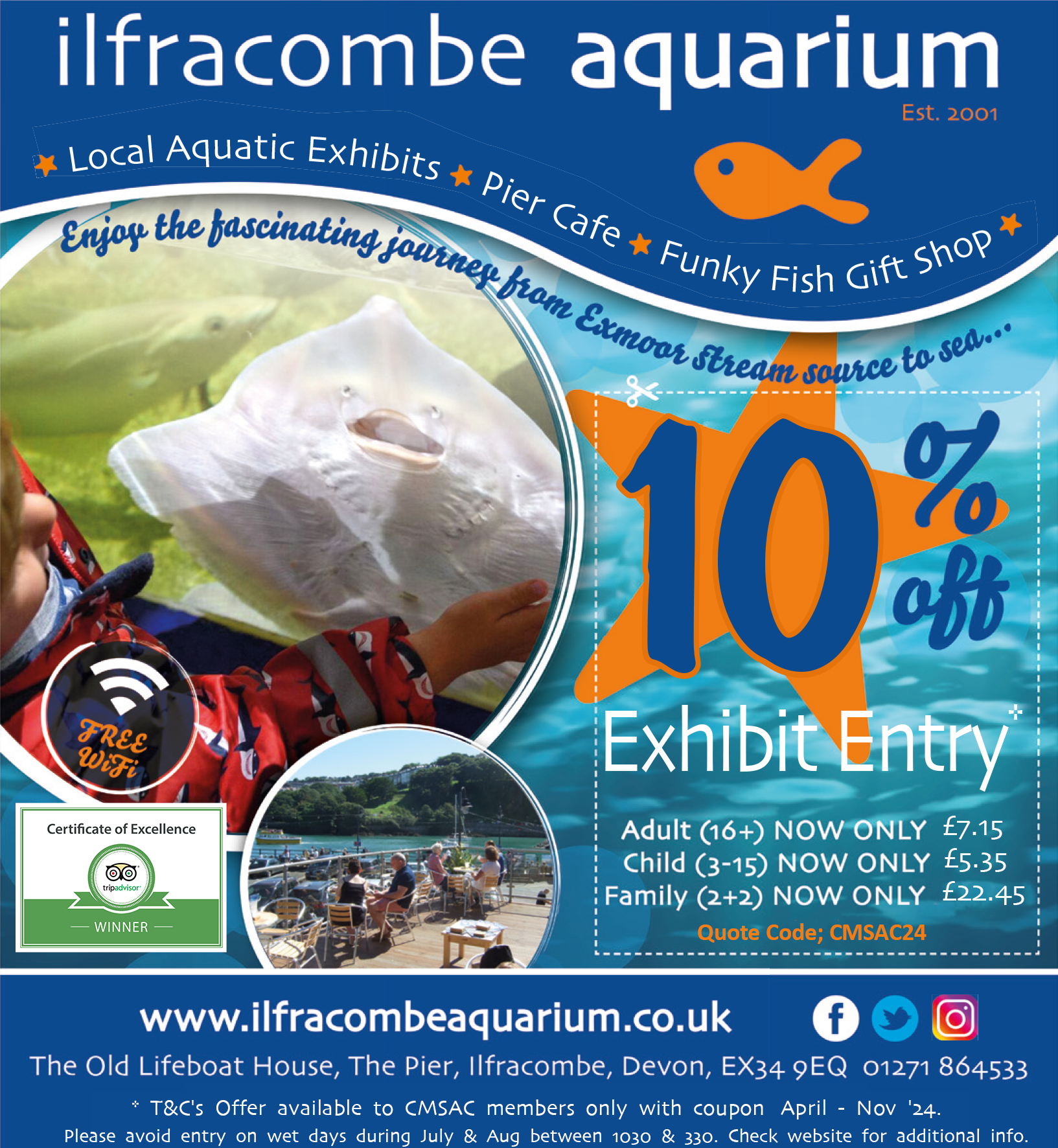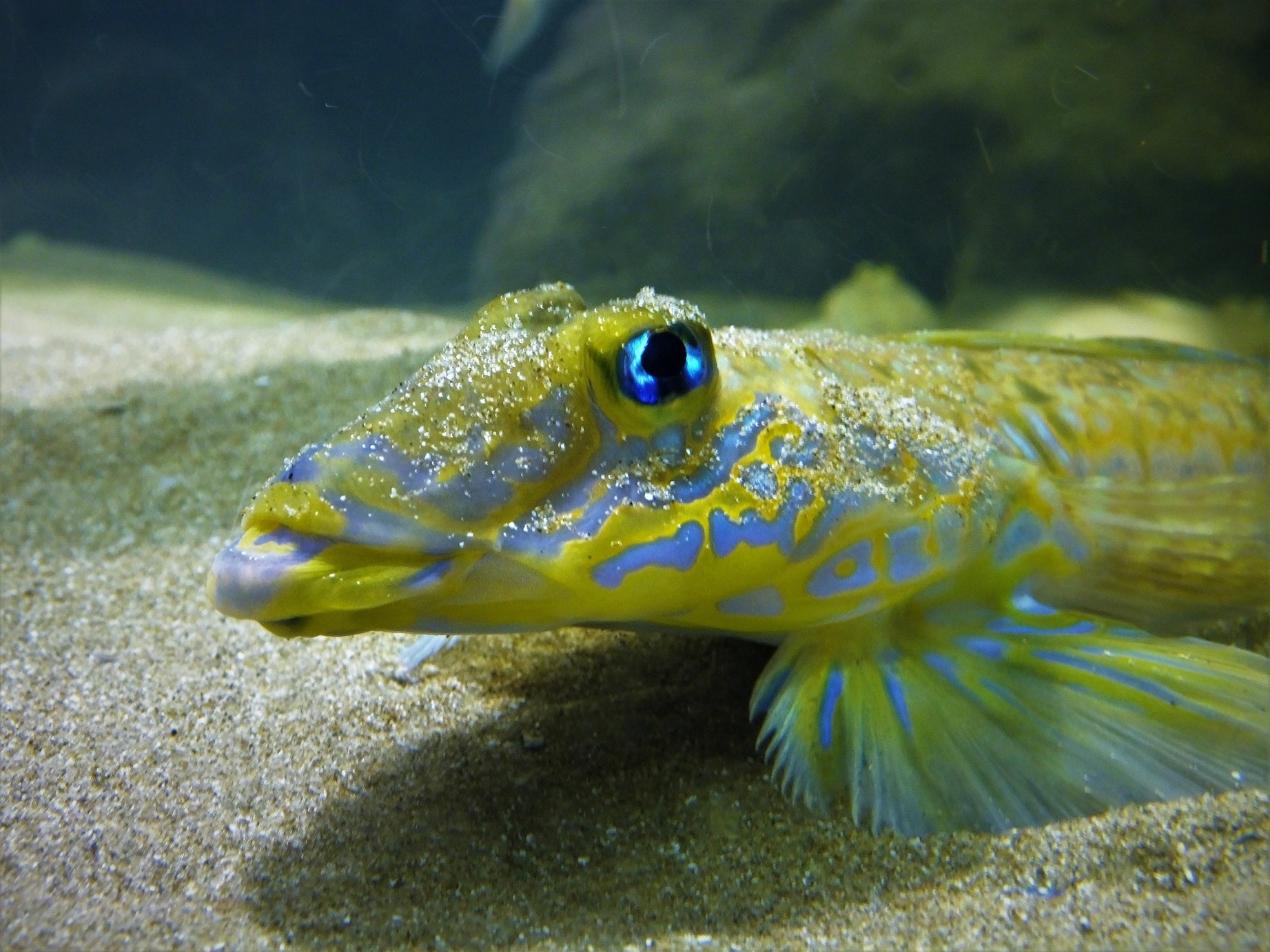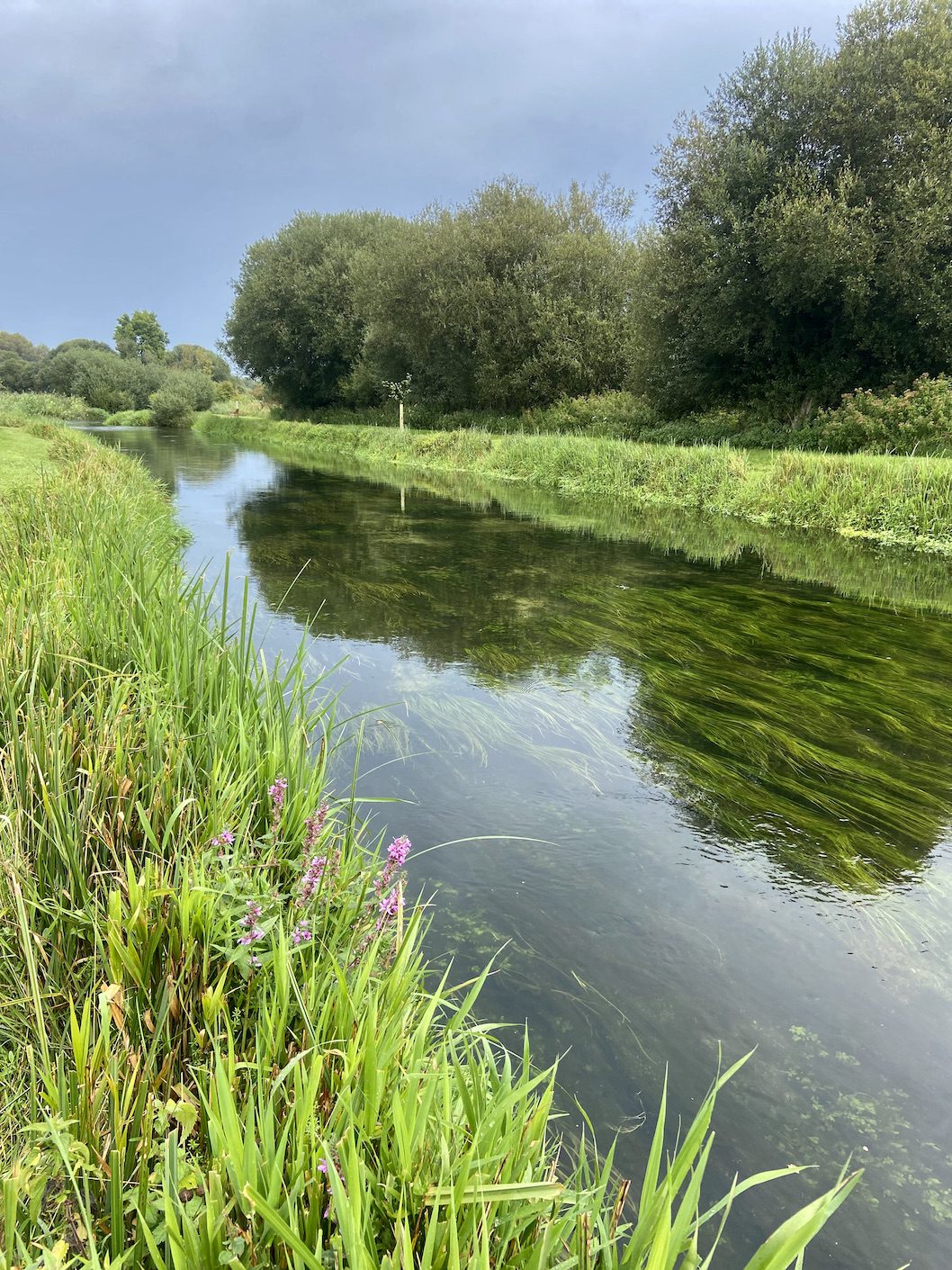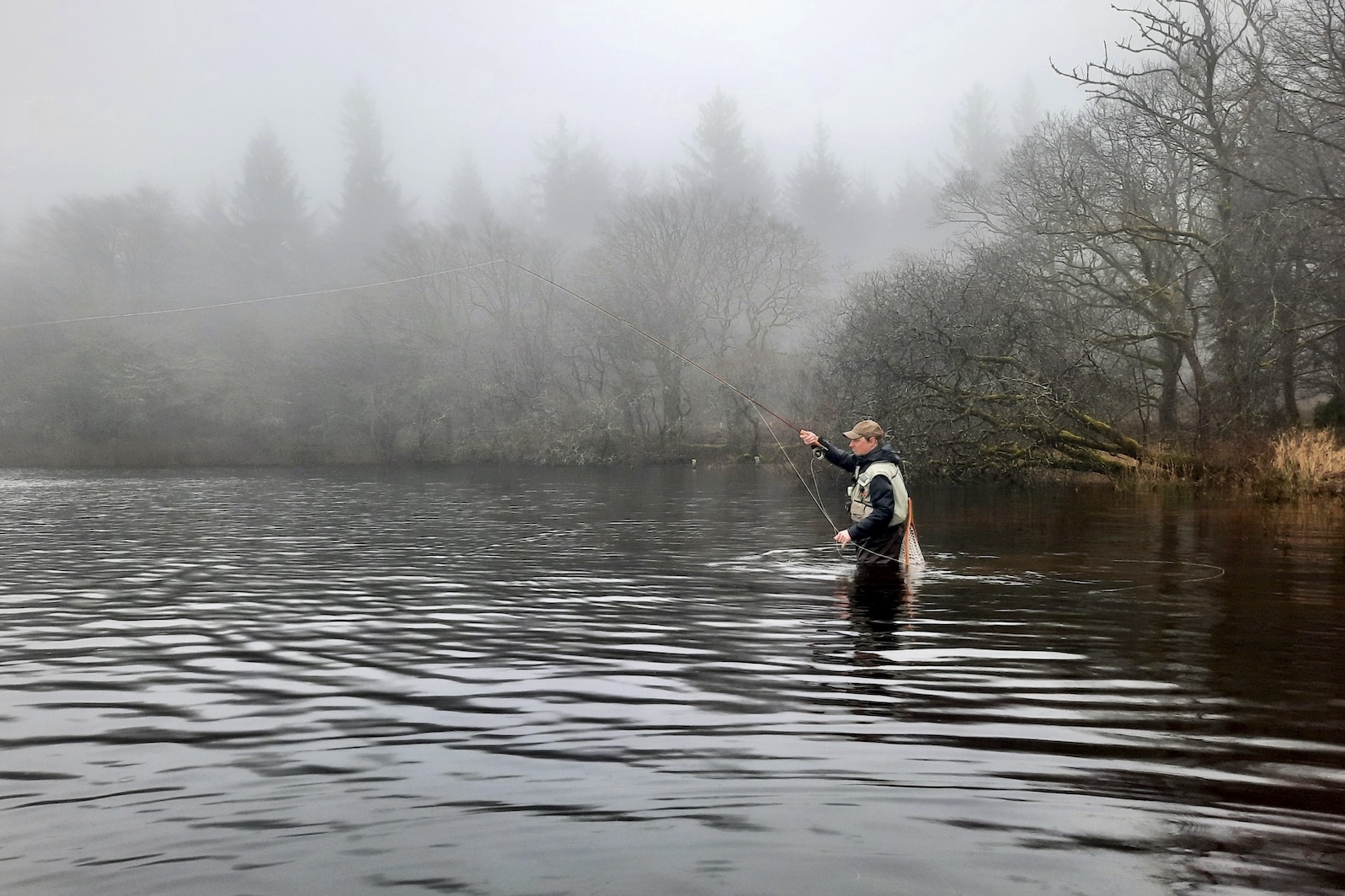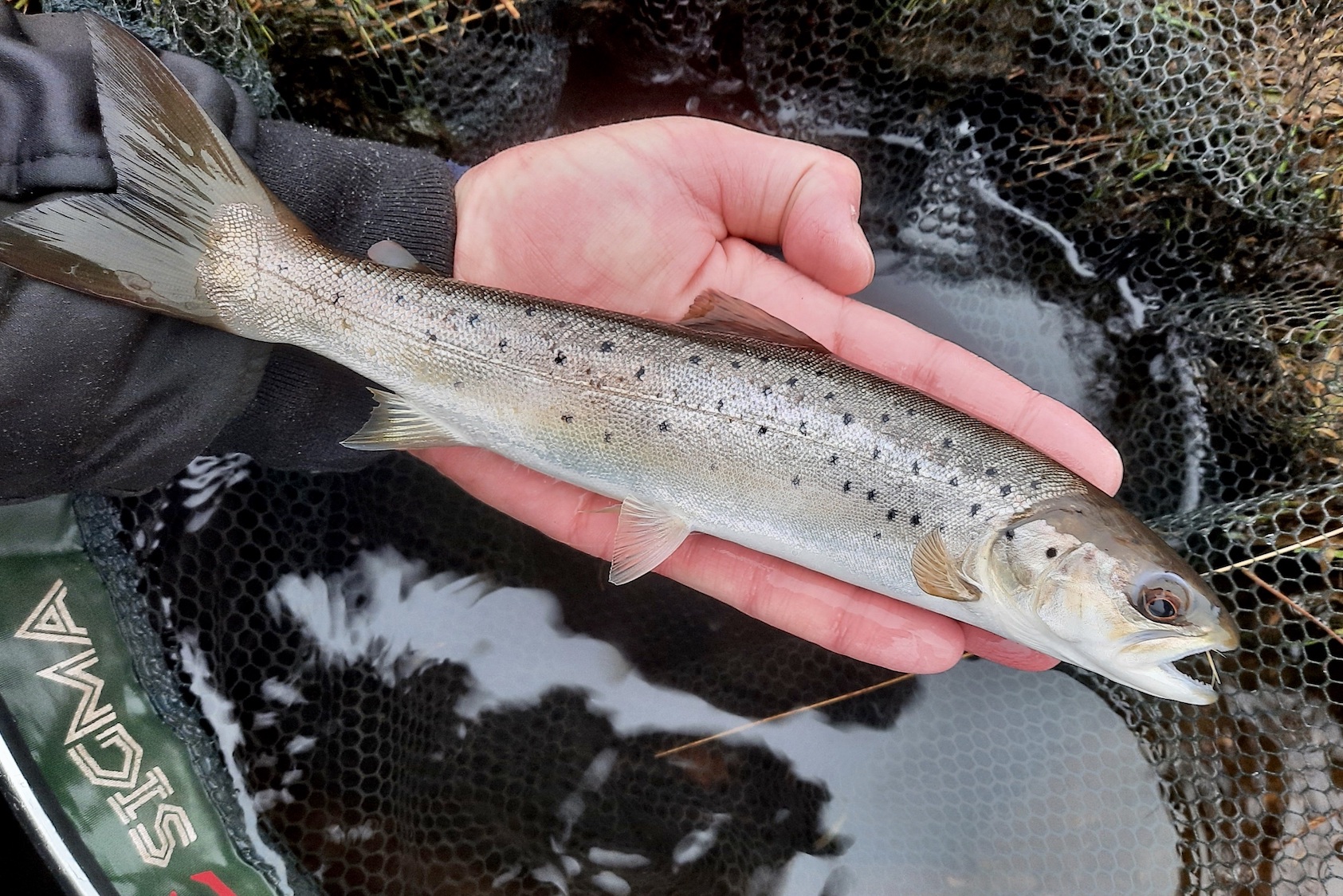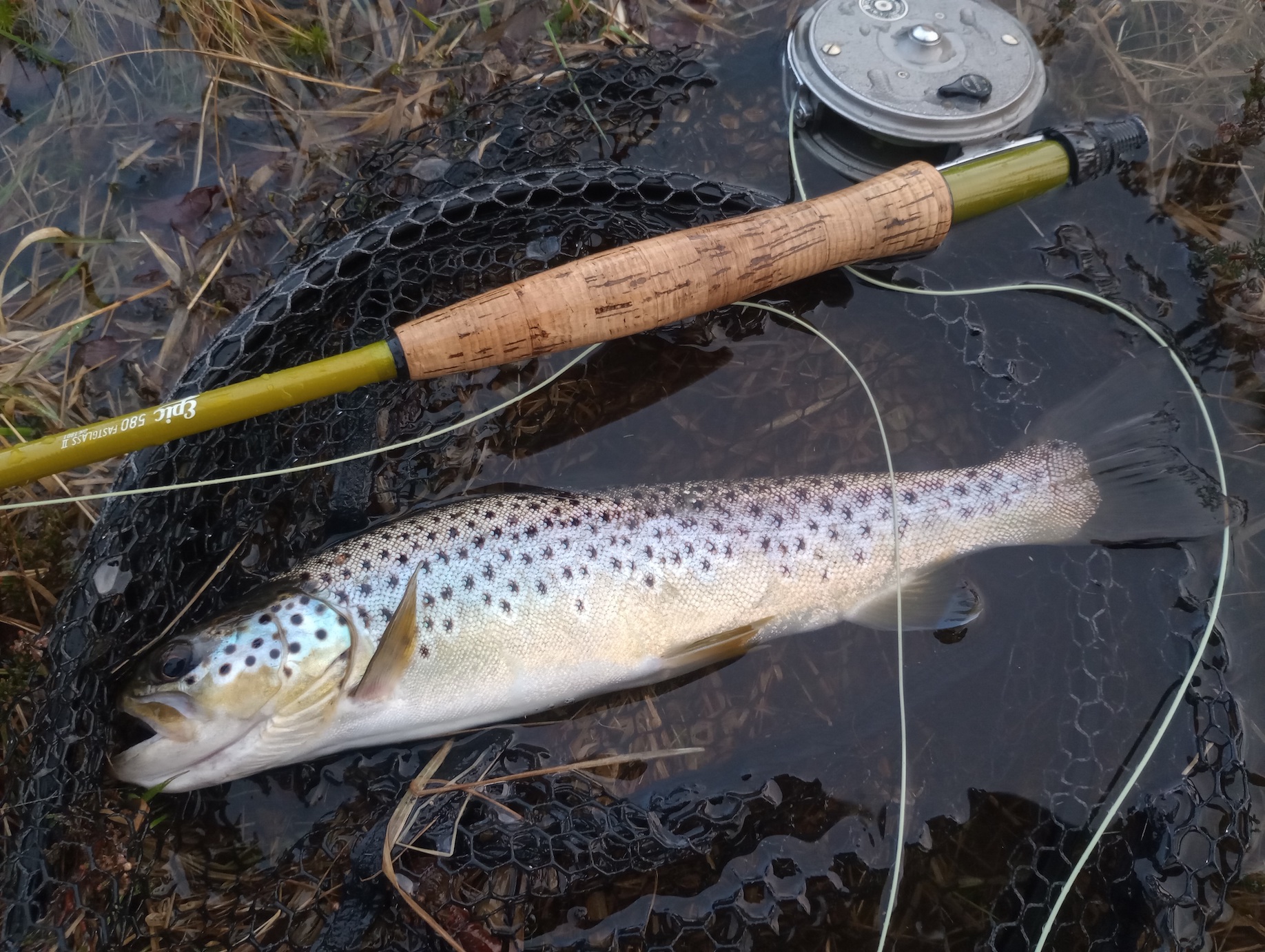Lyme Disease: Bloody Patients And why they’re always wrong.
https://fishrise.substack.com/
Many thanks to Richard Wilson for sharing his wise word from his substack musings.

The first time I didn’t have Lyme disease was back in 2016. I took a tick bite with a classic circular Lyme rash into my local doctor’s surgery and was told it wasn’t Lyme because it was the wrong sort of round. It wasn’t a bullseye.
There then followed several years of not having Lyme disease, despite symptoms that suggested otherwise. So I was sent for scans, endoscopies top and bottom and saw specialists in everything except Lyme.
Controversially, I wondered out loud about Lyme (bloody patients with Google, eh?) and, over the years, asked for 2 tests which came back negative. Nobody told me how inaccurate the Elisa test can be (15-25% false positive/negative).
Then, early last year, my aching guts put me in front of 2 different gallbladder specialists. Why two? Because our chaotic health system sent me to 2 consultants, about a week apart. Both agreed that my gallbladder was full of stuff called sludge which explained all my ills. So it was true: I didn’t have Lyme Disease (again). I had sludge.
Unfortunately, the only way to get it removed, without waiting several years for a National Health Service operation, was to pay. So I saw a private surgeon, who confirmed that my bolshie gallbladder was indeed to blame for all my ills (see! no Lyme!) and, for the price of a small car, duly whipped it out.
I woke up post-op with no gallbladder, considerably poorer and with a full set of Lyme symptoms.
A few months later I paid, privately, for a 3rd Elisa Lyme test. This one came back positive. OK, almost 7 years had passed, but it seemed urgent to me. Although, as I soon learned, not to my healthcare providers. Which is where my problems now coalesced. My doctor’s surgery is guarded by reception staff whose mission is to keep the Bloody Patients at arm’s length. They told me that because I had arranged the test privately, I couldn’t see my own doctor and would have to wait 30 days for a phone call with somebody else’s. The official Lyme guidelines say that Lyme should be treated immediately. So emails were exchanged which included words like ‘unethical’ and ‘breach of guidelines’. My doctor intervened, a blood test was booked for the next day, and within 48 hours I had another positive Elisa backed by a positive, confirmatory Western Immunobolt. Suddenly I had Lyme. It was official, something would be done and I was going to get better. The sense of relief was enormous.
Ah. Not quite so fast, pal.
I was prescribed 4 weeks of Doxycycline and then 4 weeks of Amoxcyline. My symptoms subsided, somewhat.
Within weeks it was all back and worse than before. My blood pressure went through the roof, I was covered in a skin rash and my heart was intermittently, rhythmically deranged. I felt like shit most of the time, and it could get especially bad at night. Sleep became elusive. Since then my blood pressure has dropped and become erratic while my heart is more regular, but little else has improved.
My doctor is a decent, overworked man who I rather like. He referred me to the Infectious Diseases unit at the Big City Hospital. Sounds good doesn’t it? Experts. What could go wrong?
It turns out that this specialist unit seems to have a Lyme Guru romper room where they share spliffs and blend mind-wave communications with milk-shake flavours.
These experts reached out to me via the cosmic aura of the aether-net. They didn’t need to see or talk to me. They’re so good at this that I didn’t even notice they’d made contact. Anyway, they inhaled long and deep, and then they sent this to my Doctor:
“Mr Wilson has had adequate treatment for possible Lyme disease and further antibiotics would not be beneficial. There is no need for our service to see him. If the referral to the Care of the Elderly Team does not help then please consider referral to the ME/CFS service.”
This is real. Seriously. It’s not a joke. The appropriate anagram is: What a bunch of Fickwuts. Curiously, there are no amusing anagrams of the word ‘morons’. And how was I to know that if you ask a gaga old geezer (me) for an anagram of 2 random words like S**t*m**d and Hospital the answer would come back Medical and Negligence. Crazy! Bloody Patients, eh?
I think there are 4 reasonable comments they could have made, but didn’t:
First, that the bacteria are dead and I’m suffering from the damage they did. It’s going to be unpleasant, but my condition will improve. 2nd, I’m experiencing an overreaction by my immune system. 3rd, tick bites very often deliver bacterial co-infections. Let’s test. The 4th is a possibility acknowledged by leading medical academic institutions: The Lyme bacteria may have survived. With time, the little bastards can dig in deep and are very hard to get at (medically). If so, further antibiotics are suggested, even by our regulatory authorities.
Unfortunately, the Big City space cadets have now tied my doctor’s hands. So I’m back on the referral treadmill. I have 3 new appointments upcoming in the next month or so:
- I’ve been booked in to see a Gallstone specialist. It seems my gallbladder may be playing up.
- Next will be the Care of Older People and Specialist Falls Clinic. When they ask me why I’m there I’m going to have to say I don’t know. Which gets me halfway to an Alzheimer’s diagnosis.
- I’ve been referred to a Gastro-Intestinal clinic. Perhaps to investigate the missing Gallbladder? I may never know because the health service ap is blocking the booking.
It should all be funny. But isn’t and I’m stuck.
A lot of people have emailed me to say I should fly to the US and see a specialist. I would, but it’s very expensive and the gall bladder surgeon’s partner is now driving around in my savings.
Bloody Patients, eh? I really should be more grateful that, for example, I haven’t got Lyme Disease. And, in the last 8 years, I only had it for 10 weeks. Phew!
Don’t you just love a happy ending?
FishRise by Richard Wilson is a reader-supported publication. To receive new posts and support my work, consider becoming a free or paid subscriber.
